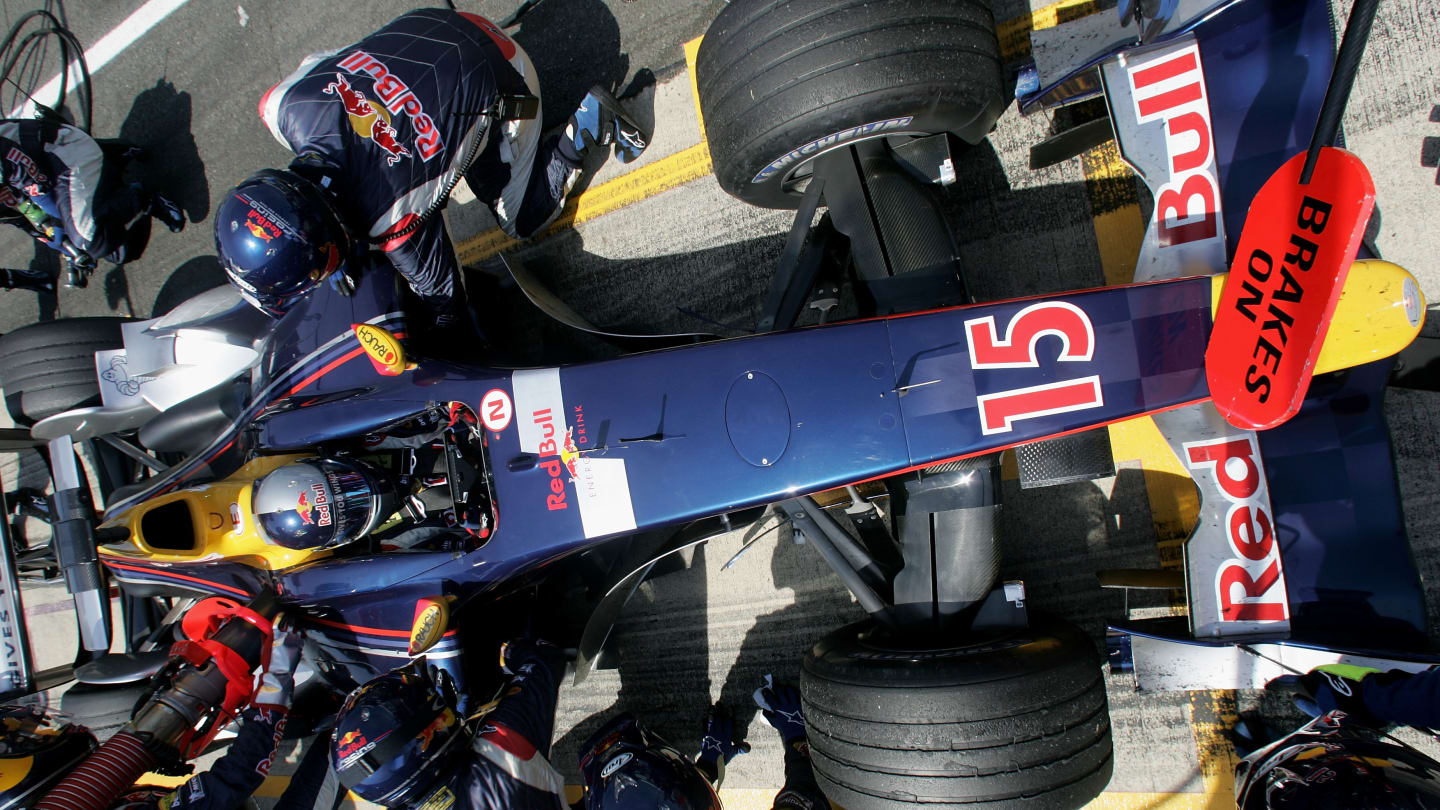Everything you need to know about Red Bull's F1 history from 2005 on. Follow your favourite Red Bull drivers through the years and celebrate top moments.
2024
Max Verstappen takes seven wins from first 10 races, but none from next 10 en route to a fourth straight drivers’ crown, with 437 points. Sergio Perez scores just 152 and team drop to third overall behind McLaren and Ferrari, as long-time design chief Adrian Newey signs for Aston Martin.
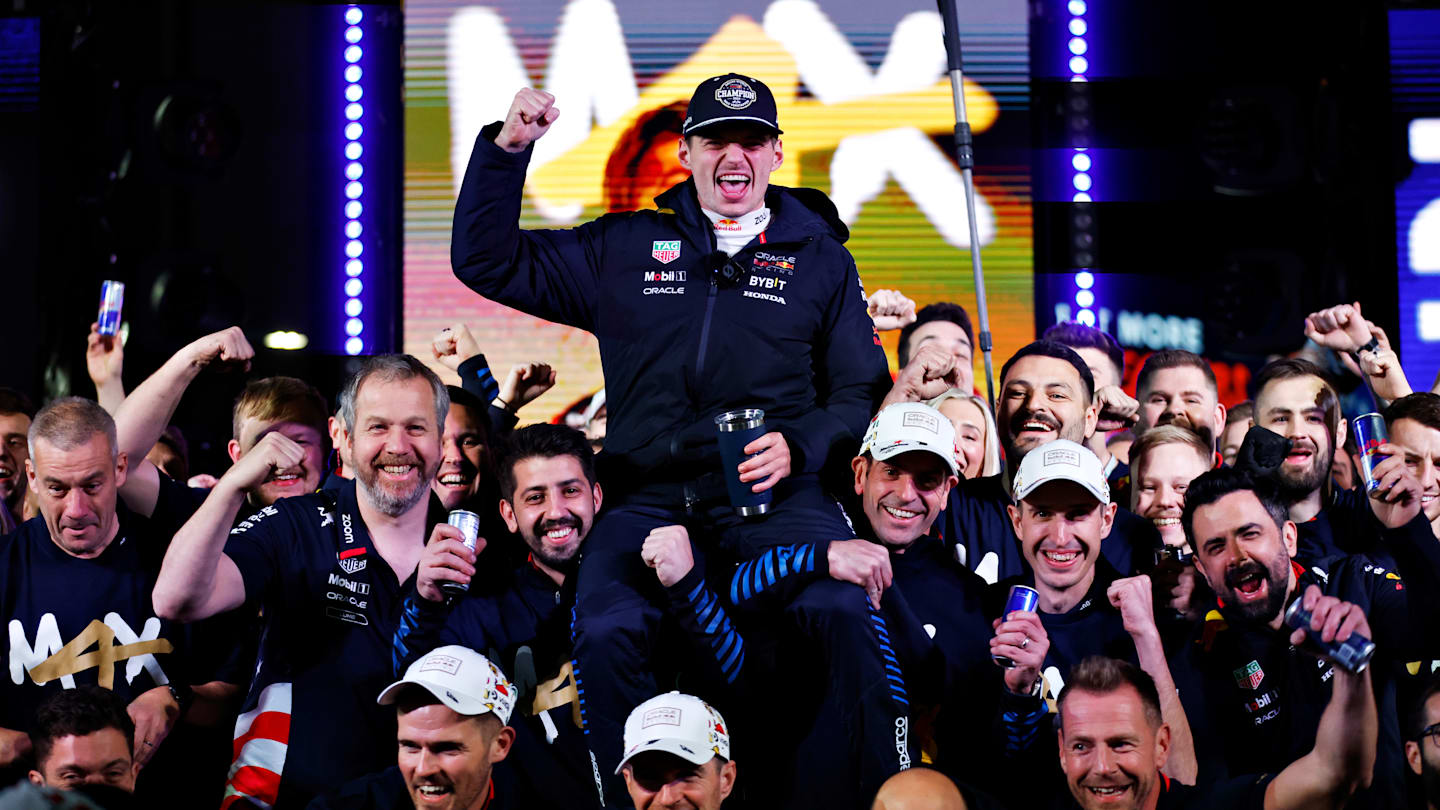
2023
In the hands of Max Verstappen, the RB19 proves all but invincible, with team winning all but one race en route to a second consecutive championship double. Record-breaking campaign also results in their first-ever one-two finish in driver standings.
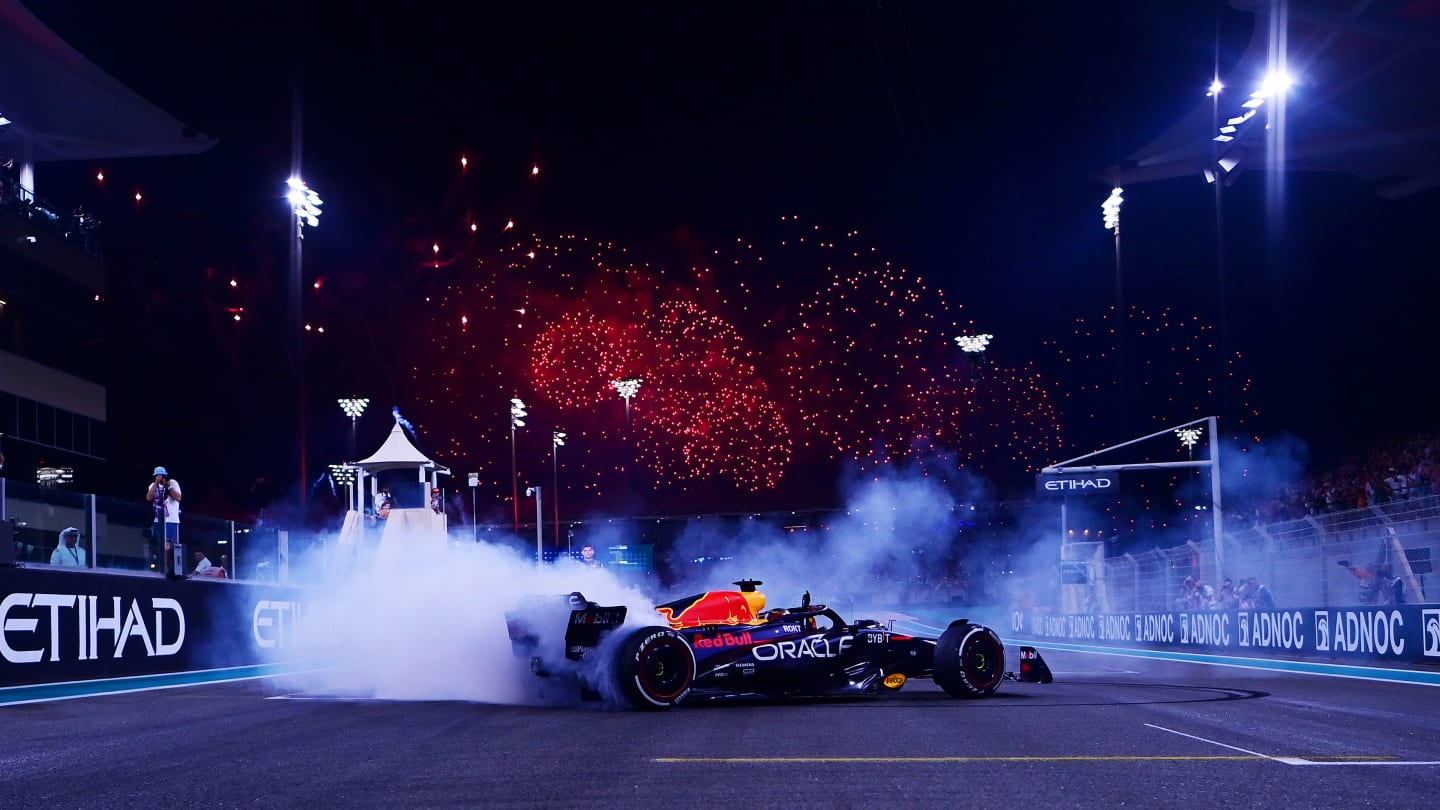
2022
After seeing off early Ferrari challenge, dominate to take first title double since 2013, with Max Verstappen securing a record 15 wins to retain drivers’ crown. Only cloud is a $7 million fine and a reduction in future wind-tunnel testing for exceeding the 2021 budget cap.
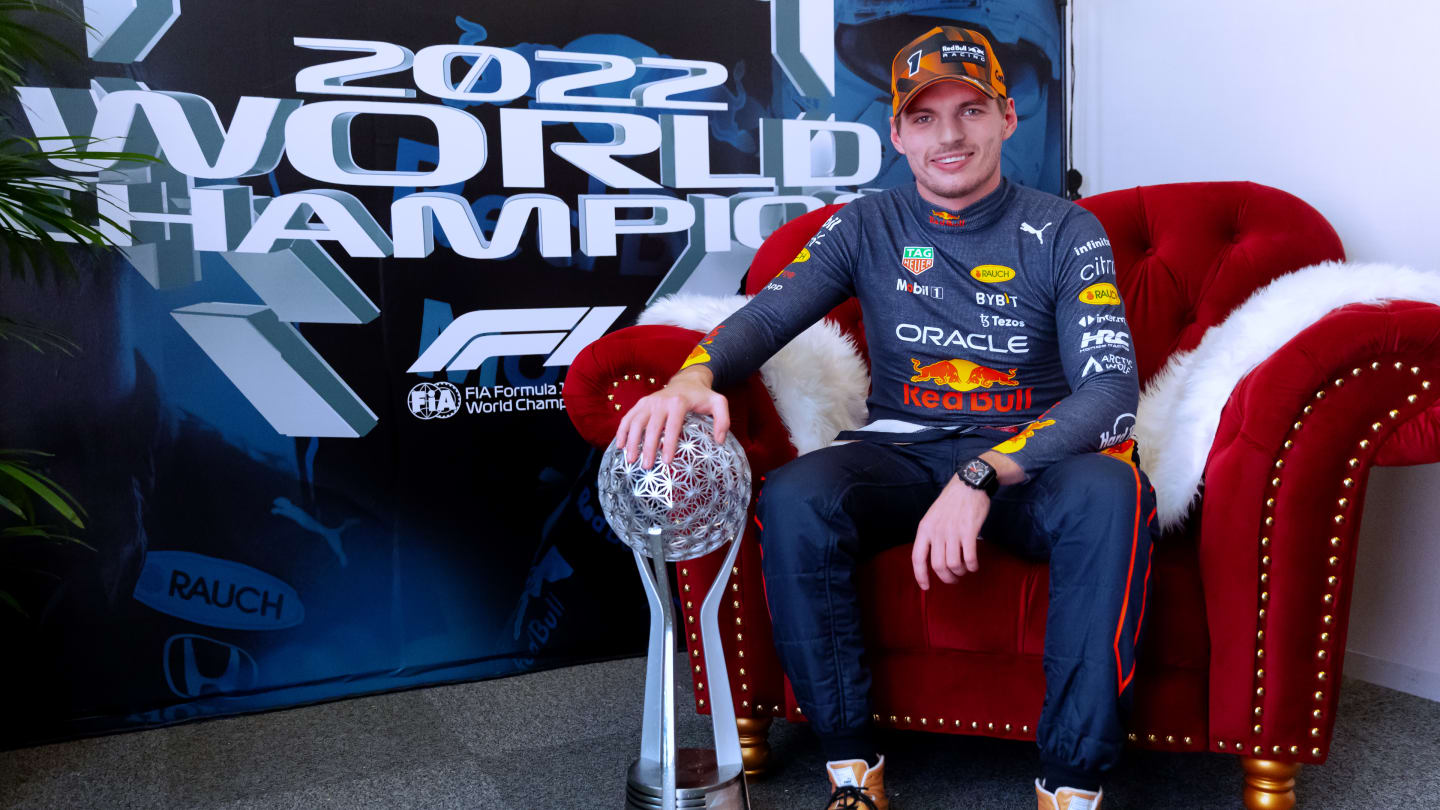
2021
Secure their first drivers’ championship since 2013, winning 11 of 22 races, and push Mercedes all the way in an intense – and, at times, bitter – constructors’ fight. New team mate Sergio Perez provides invaluable support to Max Verstappen’s successful title bid.

2020
A lonely second in the standings, consistently clear of the midfield but rarely able to match the pace of champions Mercedes. Max Verstappen stars – with two wins and another nine podiums – but Alex Albon is dropped for 2021 after just two top-three appearances.
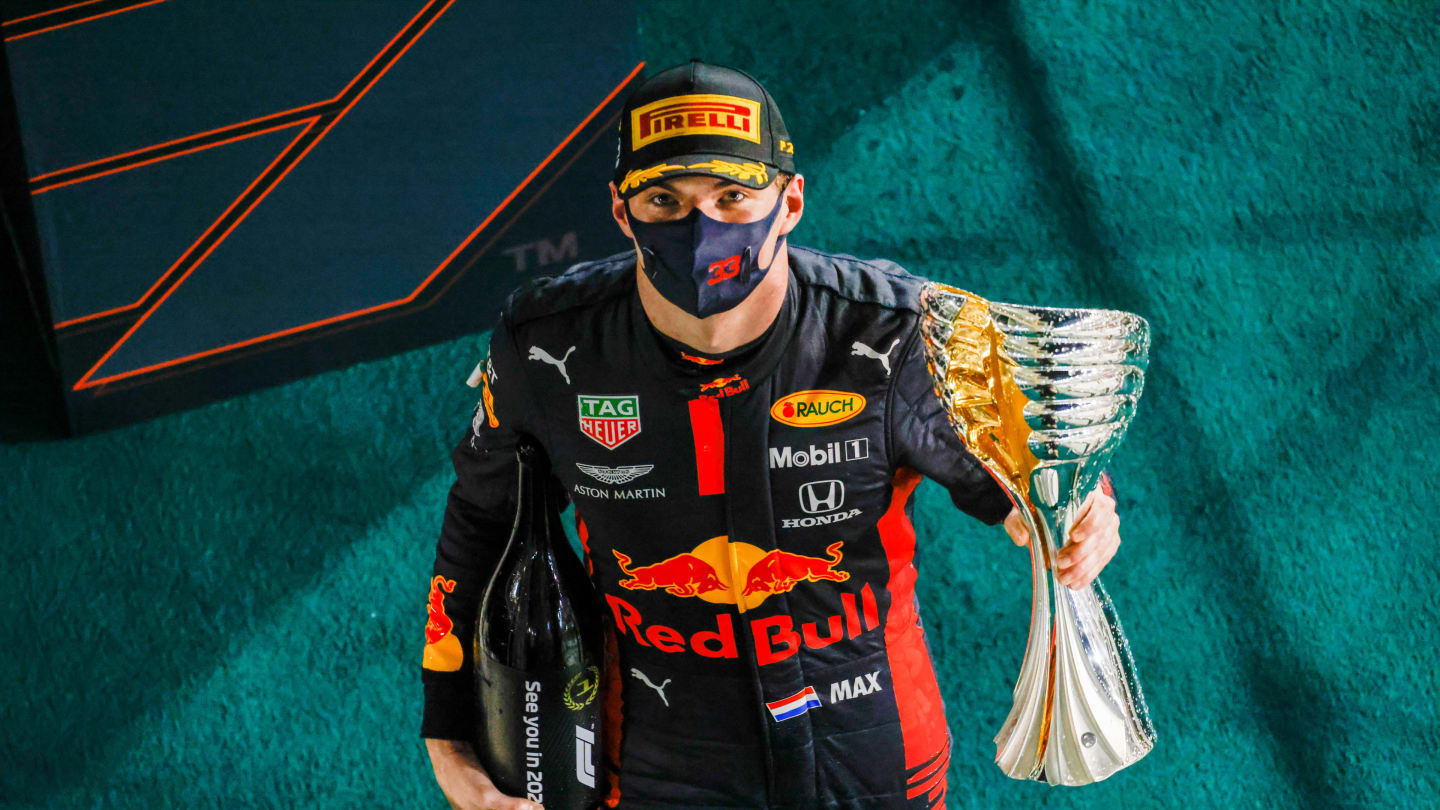
2019
Transition from Renault to Honda power is remarkably smooth, and Max Verstappen’s four wins ensure an almost identical points tally to 2018. Drop Pierre Gasly mid-year in favour of rookie Alex Albon, and late-season progress raises hopes of a genuine title challenge in 2020.
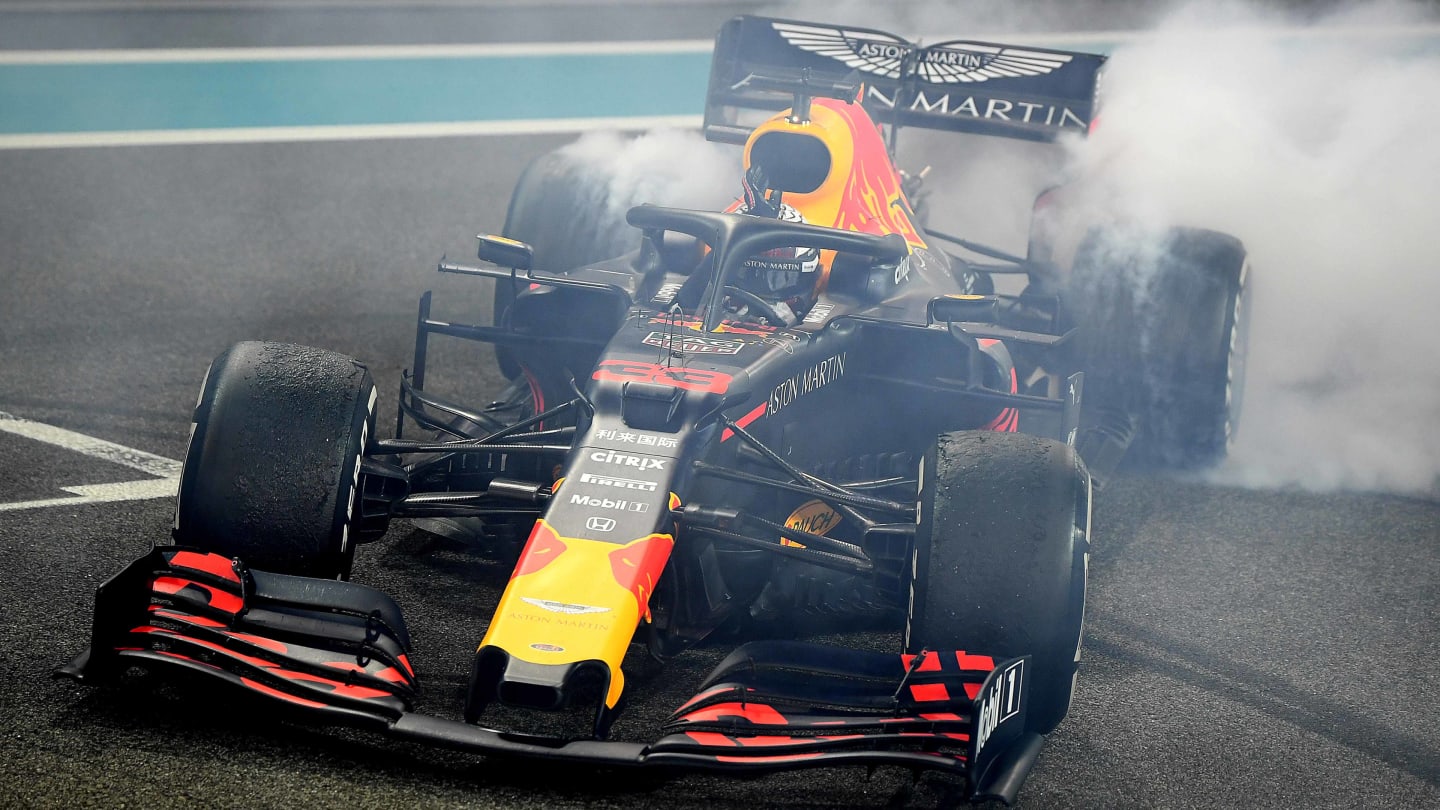
2018
A lack of performance and reliability from their Renault power units means that only on occasions are they in genuine contention for victories – Ricciardo wins in China and Monaco, Verstappen in Austria and Mexico. The result is a very lonely third place in the final standings – but a hope of improvement courtesy of Honda engines in 2019.
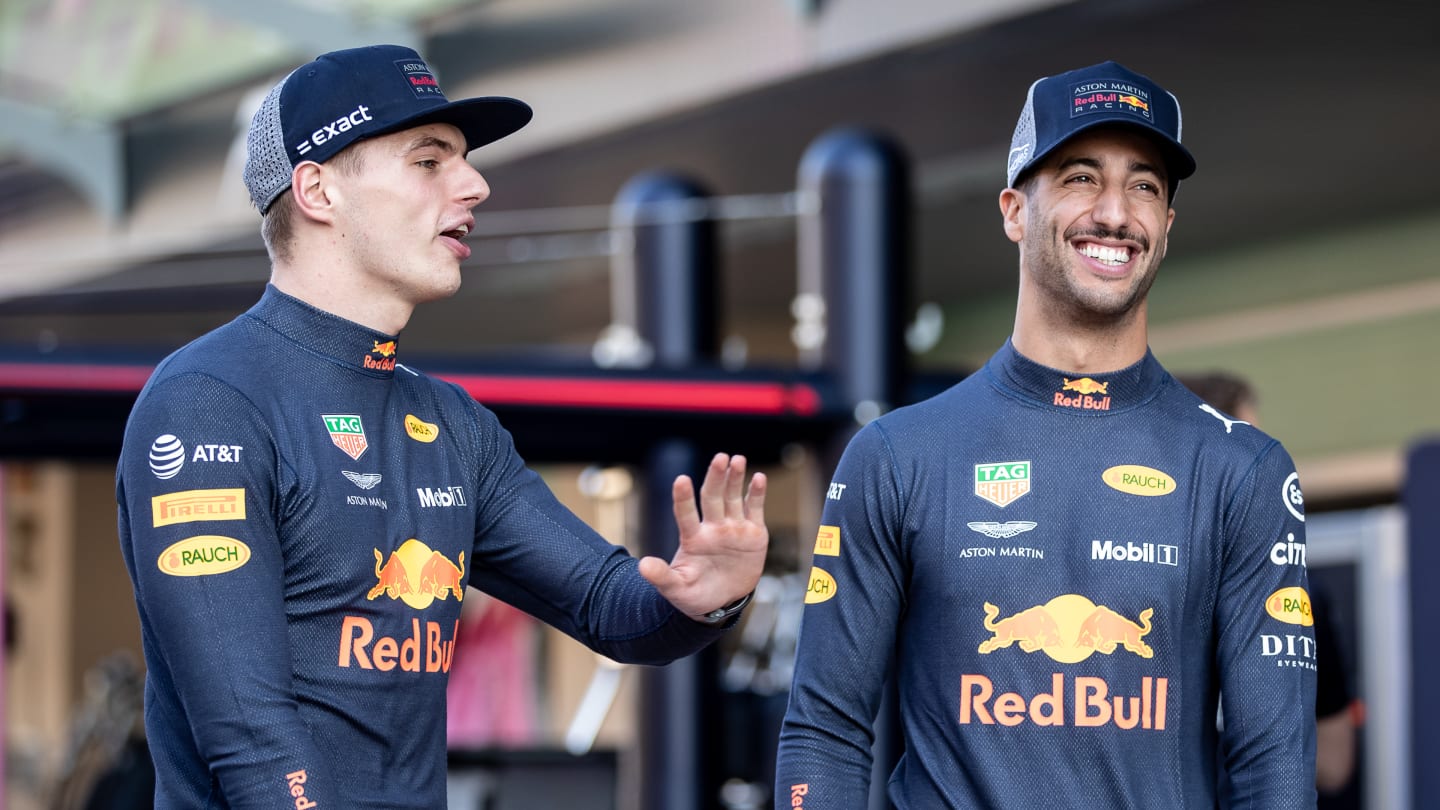
2017
Unable to keep pace with world champions Mercedes and a resurgent Ferrari, drop to third in the standings, not helped by poor Renault reliability. Even so, Daniel Ricciardo and Max Verstappen prove their star quality by taking three wins between them.
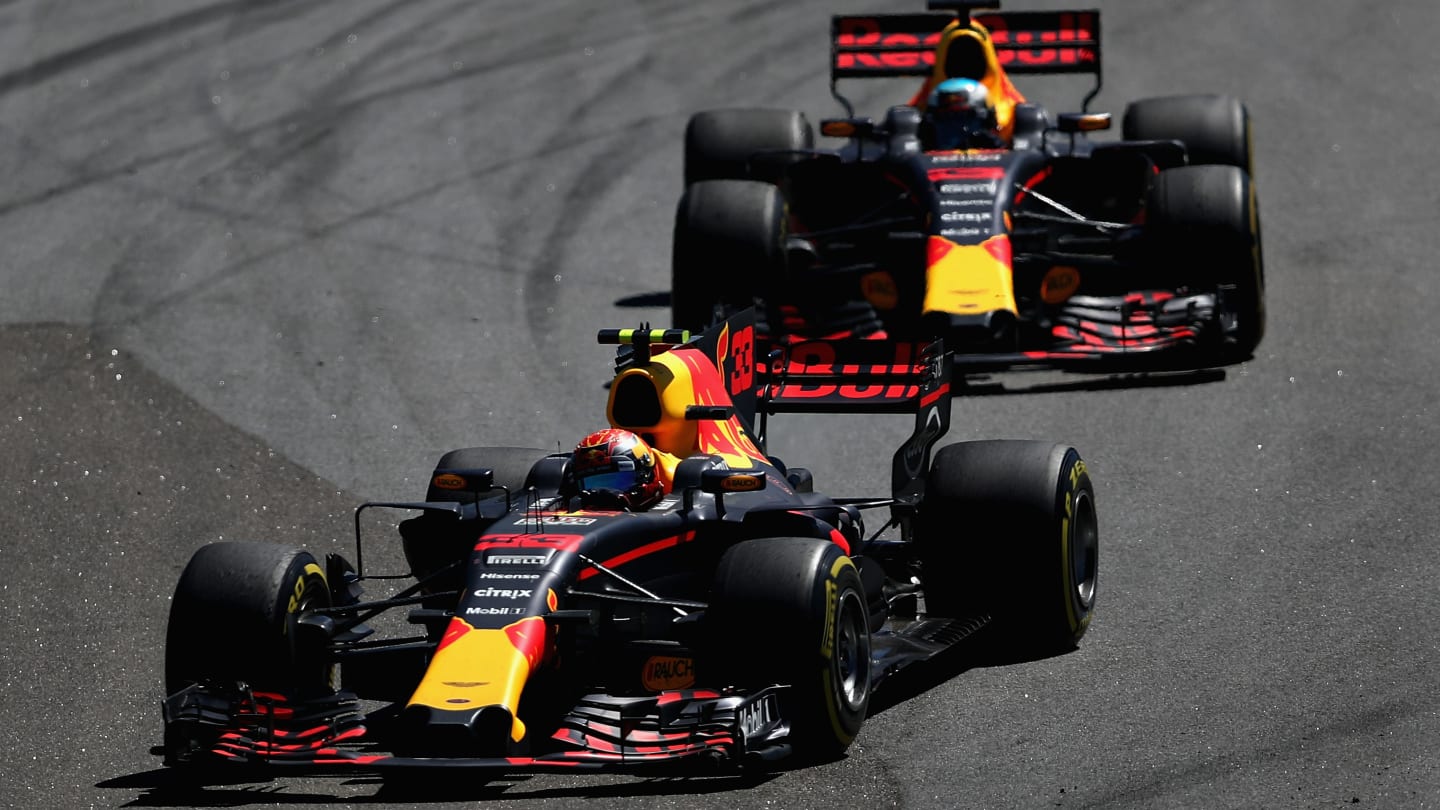
2016
The combination of superb RB12 chassis and much-improved Renault power unit (now badged TAG Heuer) sees the team bounce back to become Mercedes' only serious rivals for race victories - and they take one apiece for Daniel Ricciardo and rising star Max Verstappen, who stuns by winning on debut after arriving from sister team Toro Rosso for round four onwards.

2015
The superb turnaround of 2014 is swiftly forgotten as Red Bull are forced to deal with further power unit issues which contribute to them slipping down the competitive order - and falling out with Renault. Down on power compared to their rivals and suffering from patchy reliability, Daniel Ricciardo and new team mate Daniil Kvyat (who bested the Australian in the final reckoning) could only salvage three podium finishes and fourth in the standings - their worst such results since 2008.
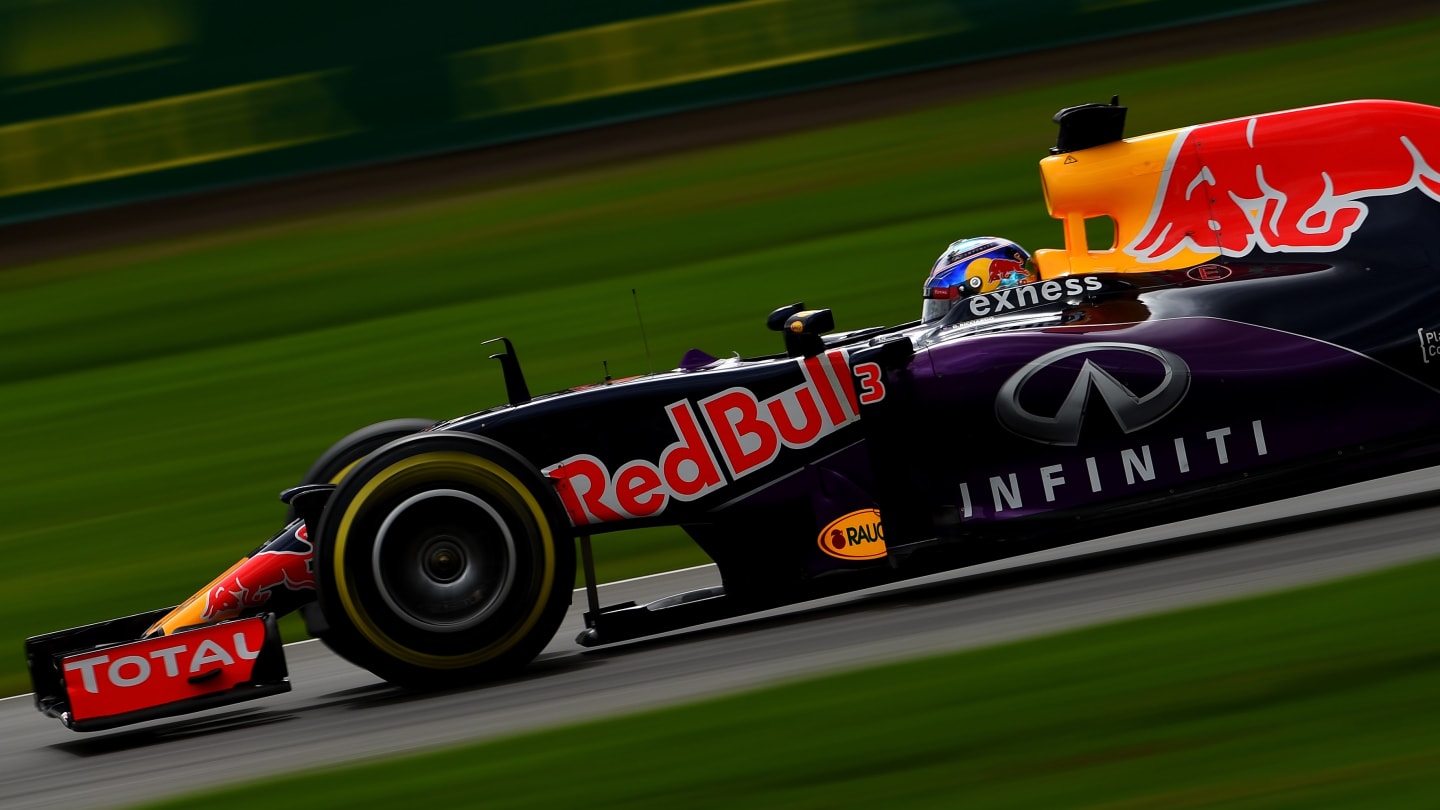
2014
After disastrous pre-season with uncompetitive Renault power unit, bounce back to finish second to all-conquering Mercedes, as only other team to win a race. Rising star Ricciardo takes three victories, dominating champion Vettel, who exits for Ferrari at end of year.
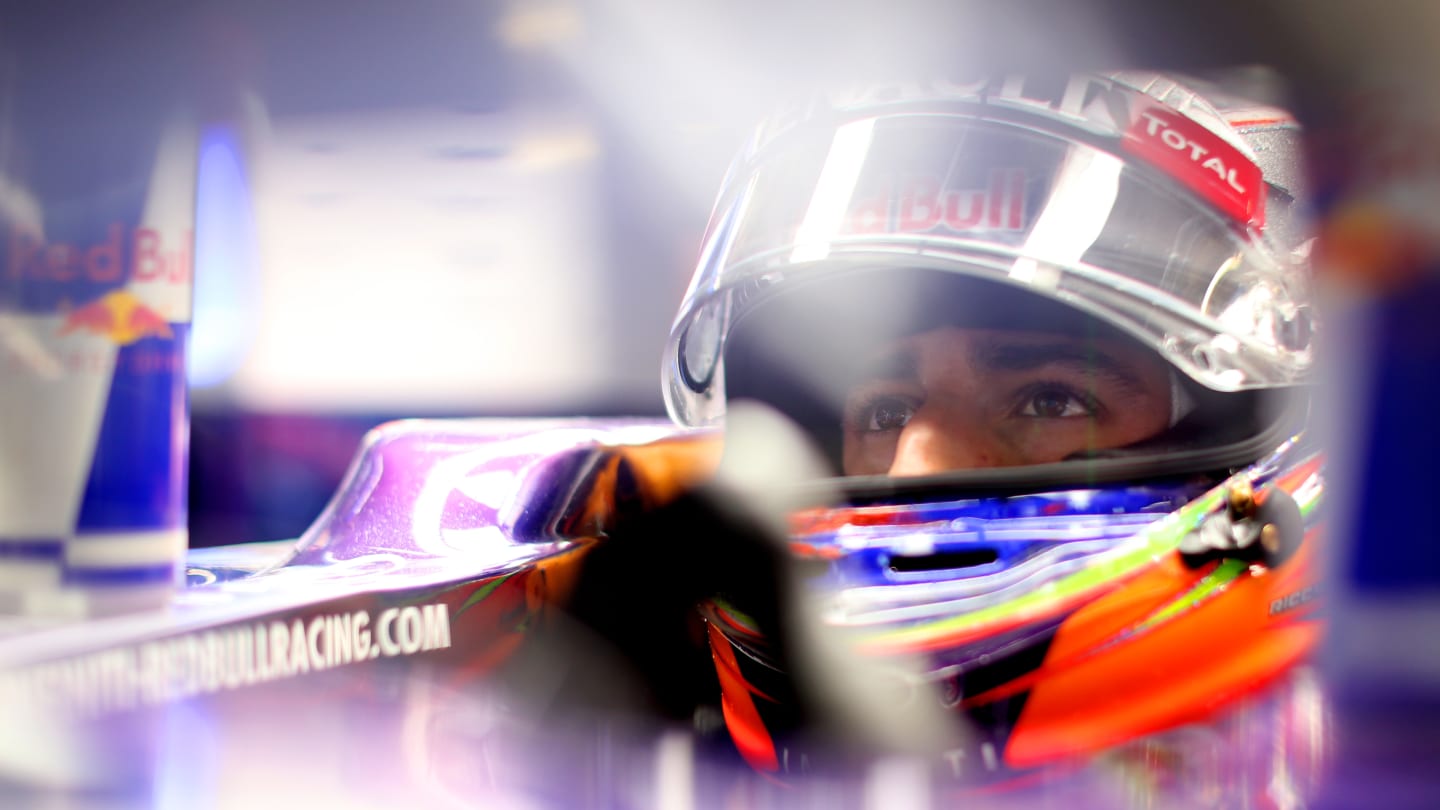
2013
Renault-powered RB9 is once again quick out of the box, though the team complain that tyre degradation issues prevent them exploiting its full pace. However, the team surge ahead after the mid-season tyre change and wrap up their fourth consecutive constructors' crown in India.
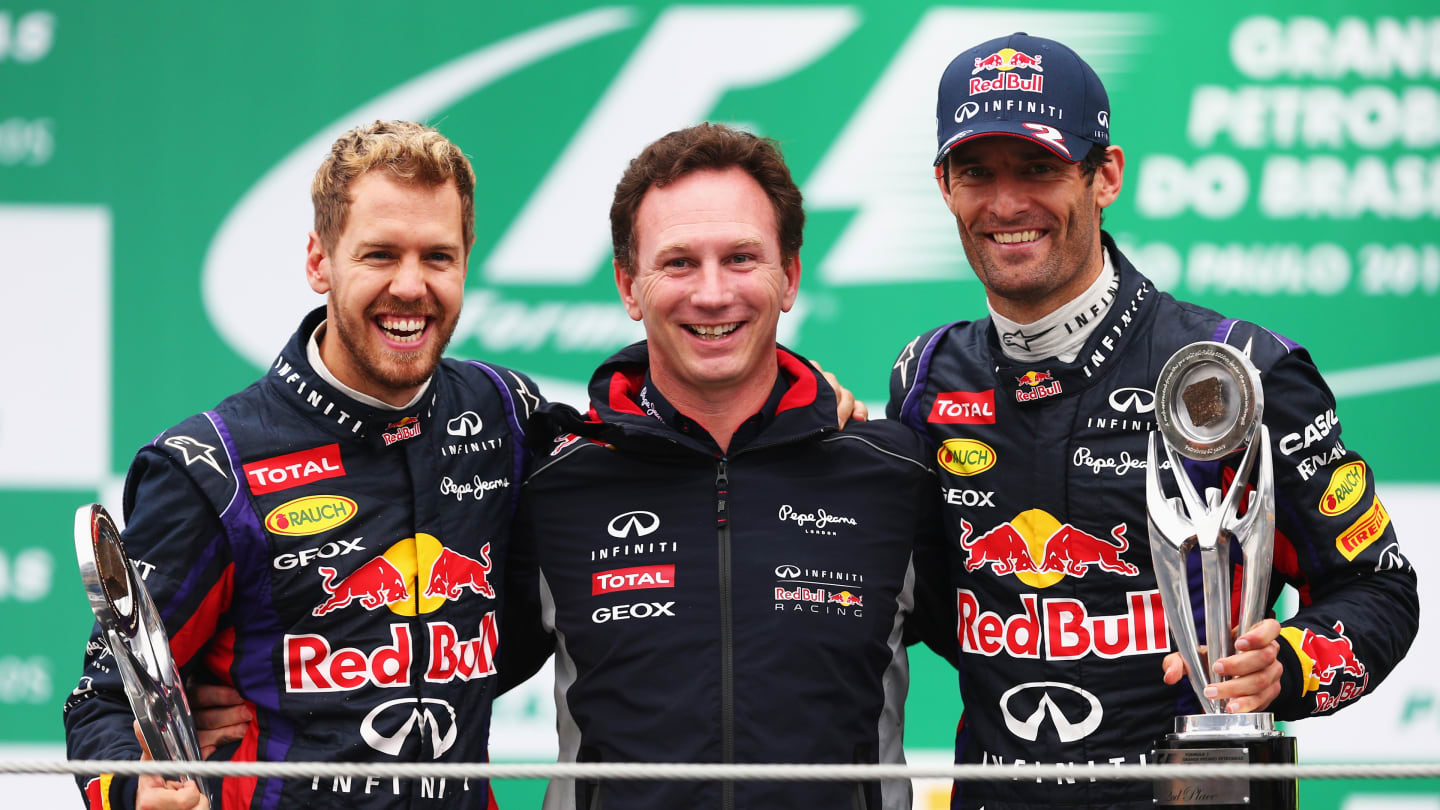
2012
Ban on exhaust-blown diffusers robs RB8 of predecessor's dominance, but continue to push technical boundaries, drawing controversy over floor holes, engine maps and more. Webber wins twice but it's Vettel's late season charge that rubber stamps third constructors' title.
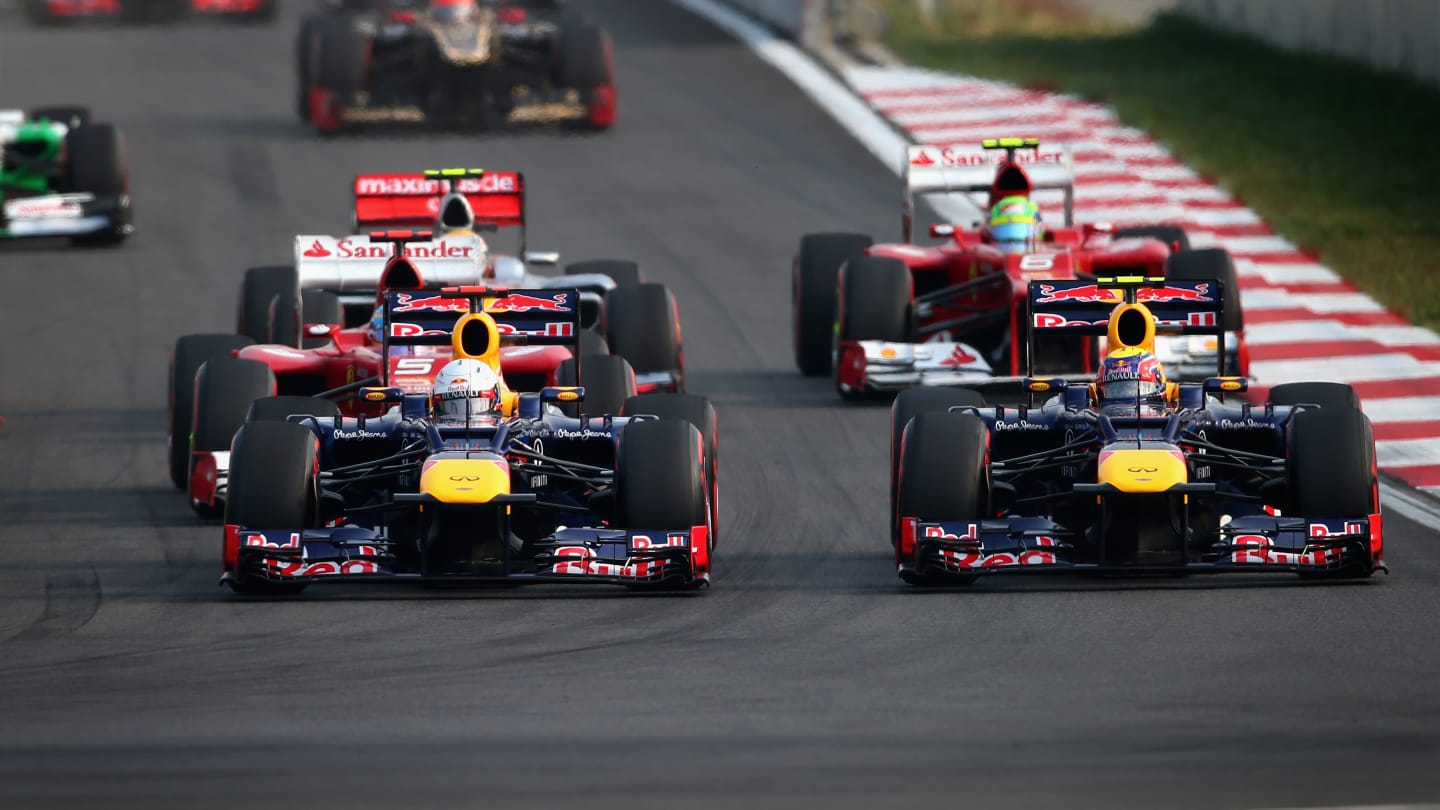
2011
Vettel and RB7 all but untouchable throughout the season, scoring 11 wins and 15 poles in total. Webber takes three poles and one win at the final round. Rivals get closer, but not close enough, and team wrap up both titles with three rounds to spare.
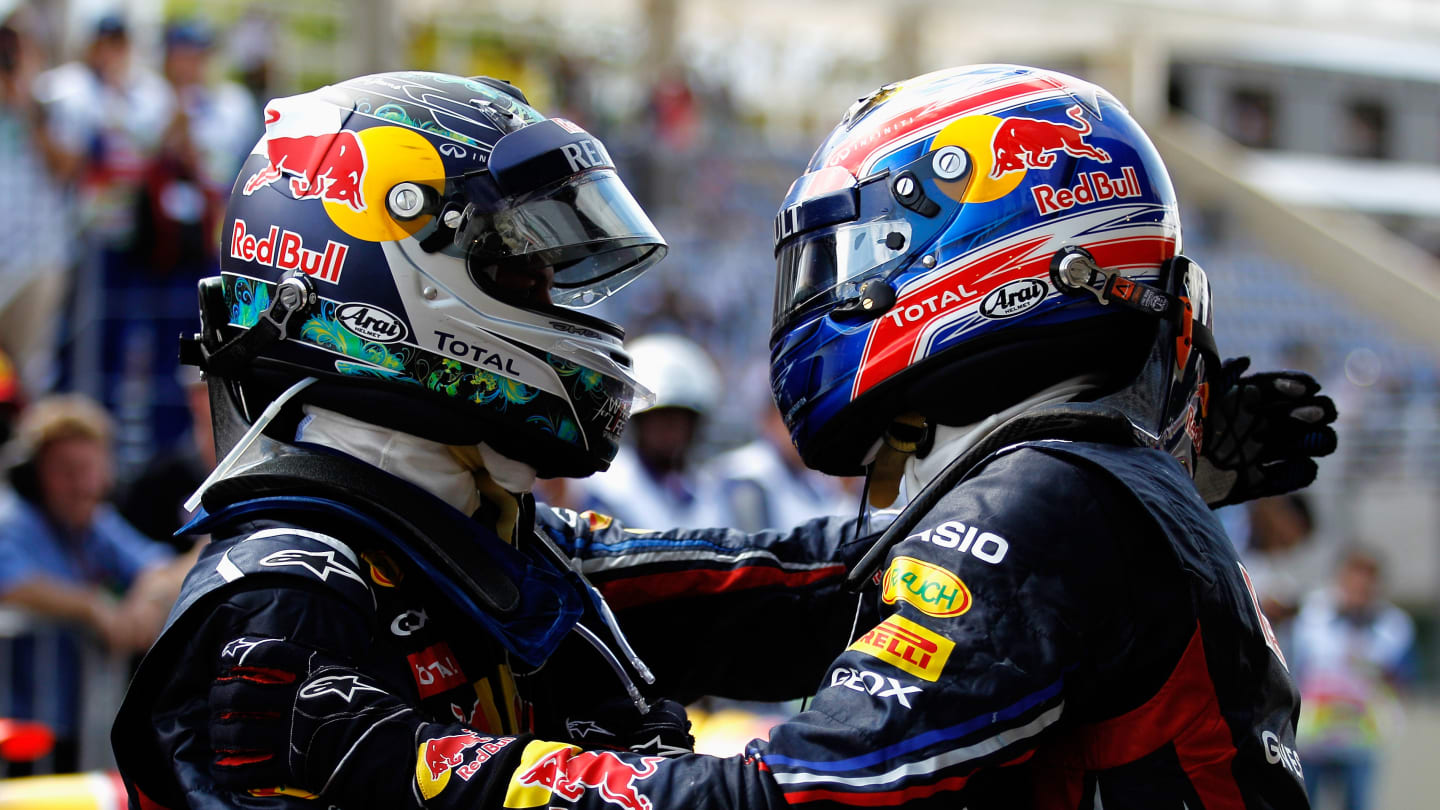
2010
RB6 normally fastest car, but reliability niggles, some unfavourable weather and odd driver errors mean team only move ahead in standings mid-season. Constantly improving car sees them ultimately take both titles, despite refusal to impose team orders on Webber and Vettel after they collide in Turkey.
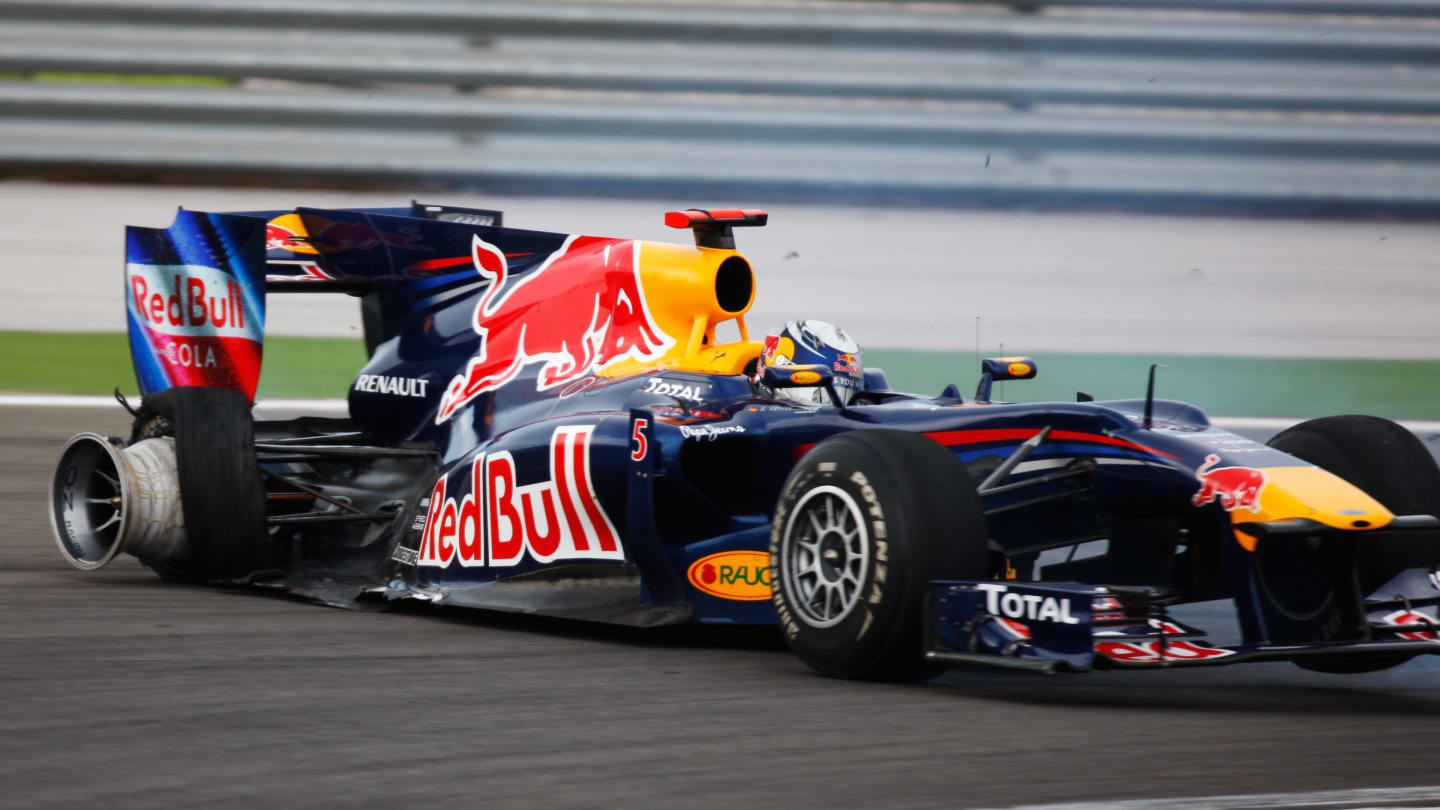
2009
The quick RB5, and great drives by Vettel and Webber, propel Red Bull into the big time. Vettel scores their first pole and victory in China. Five more wins follow as team dominate latter part of season, finishing runner-up in both championships as Brawn's only genuine rivals.
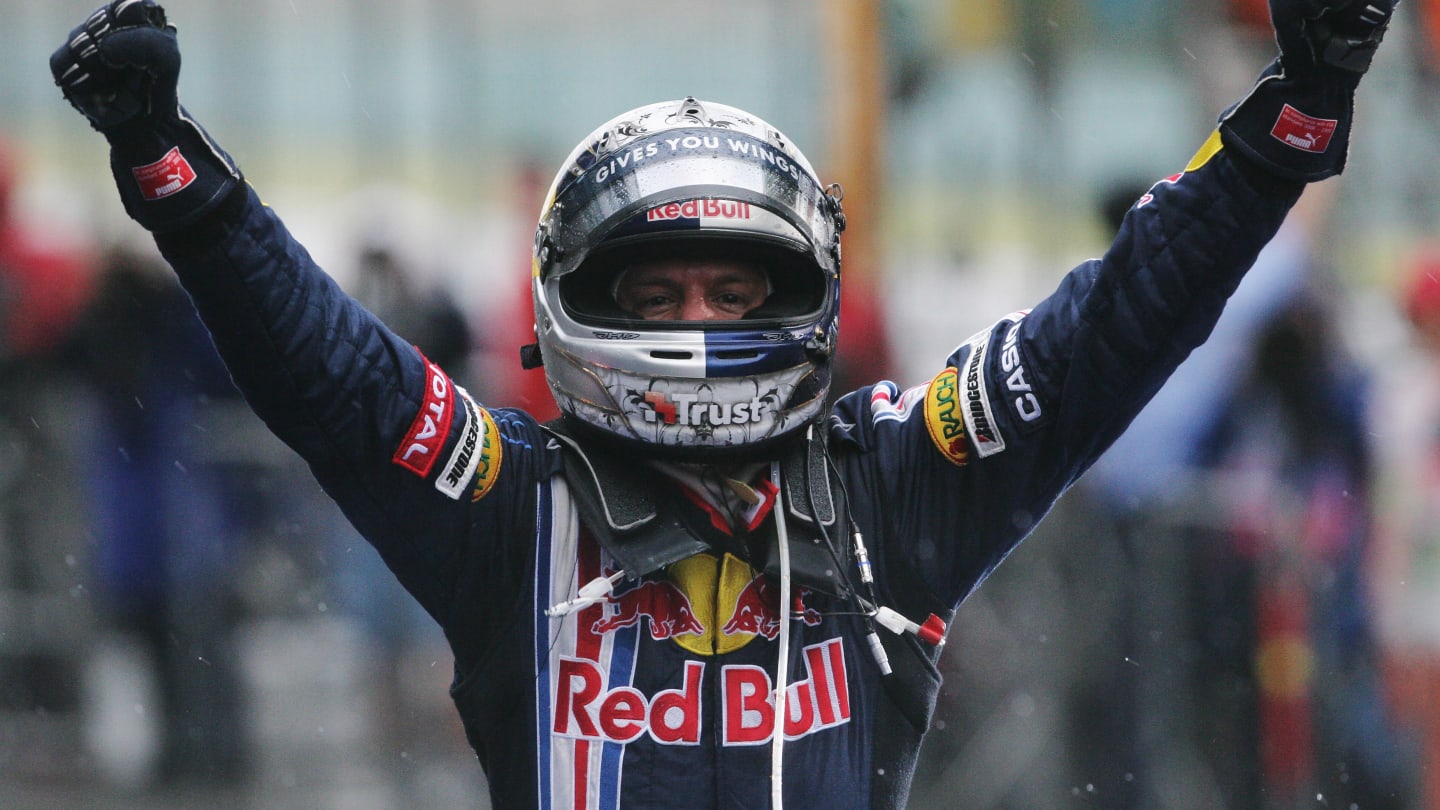
2008
Despite a near identical chassis, the Renault-powered RB4 is increasingly overshadowed by its Ferrari-powered Toro Rosso sibling. David Coulthard's third in Canada the team's best result as they drop from fifth to seventh overall.
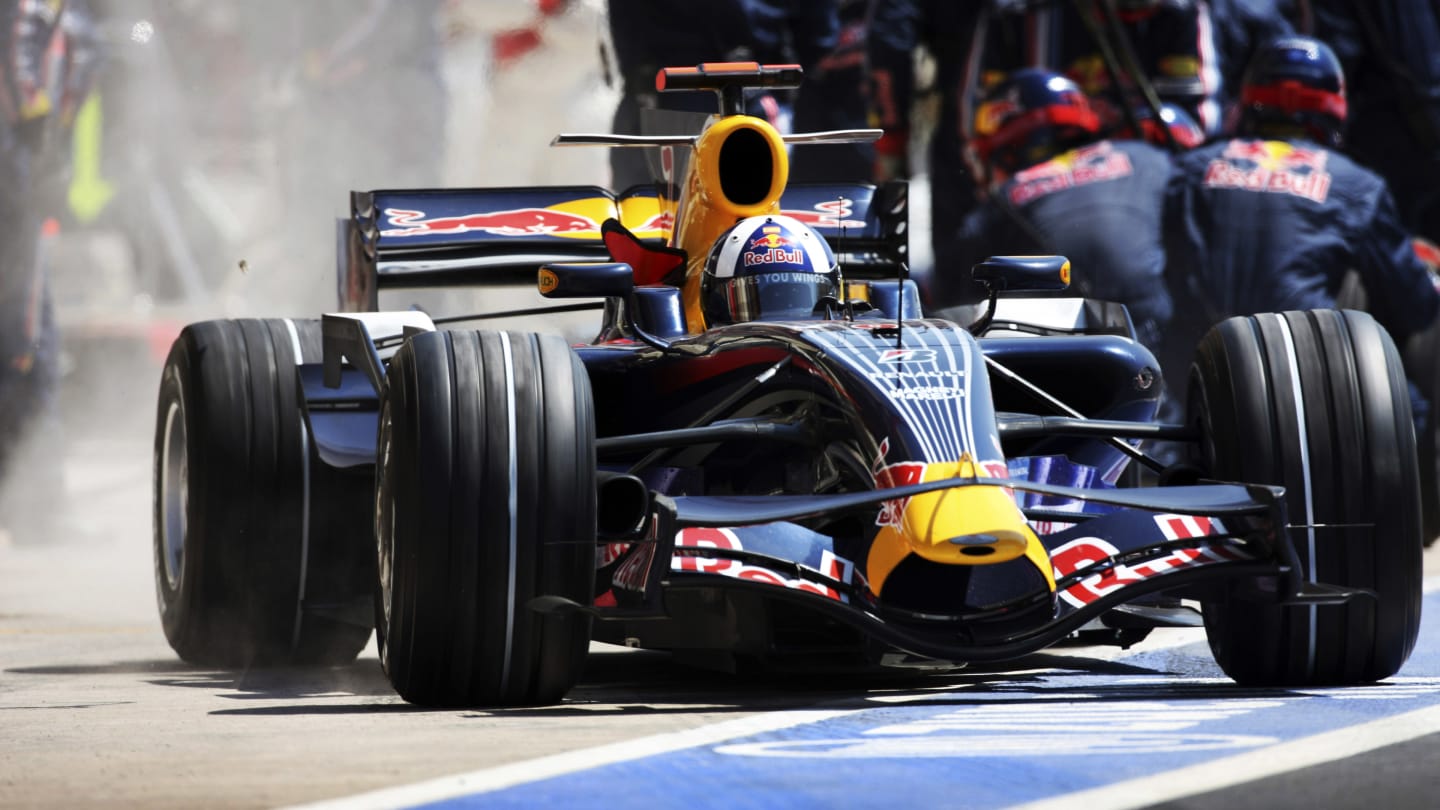
2007
Tough start with Adrian Newey-penned RB3, recording at least one retirement in each of the first seven races. Mid-season updates improve pace and relieve reliability woes. Record best finish at European Grand Prix, with Mark Webber third and David Coulthard fifth.
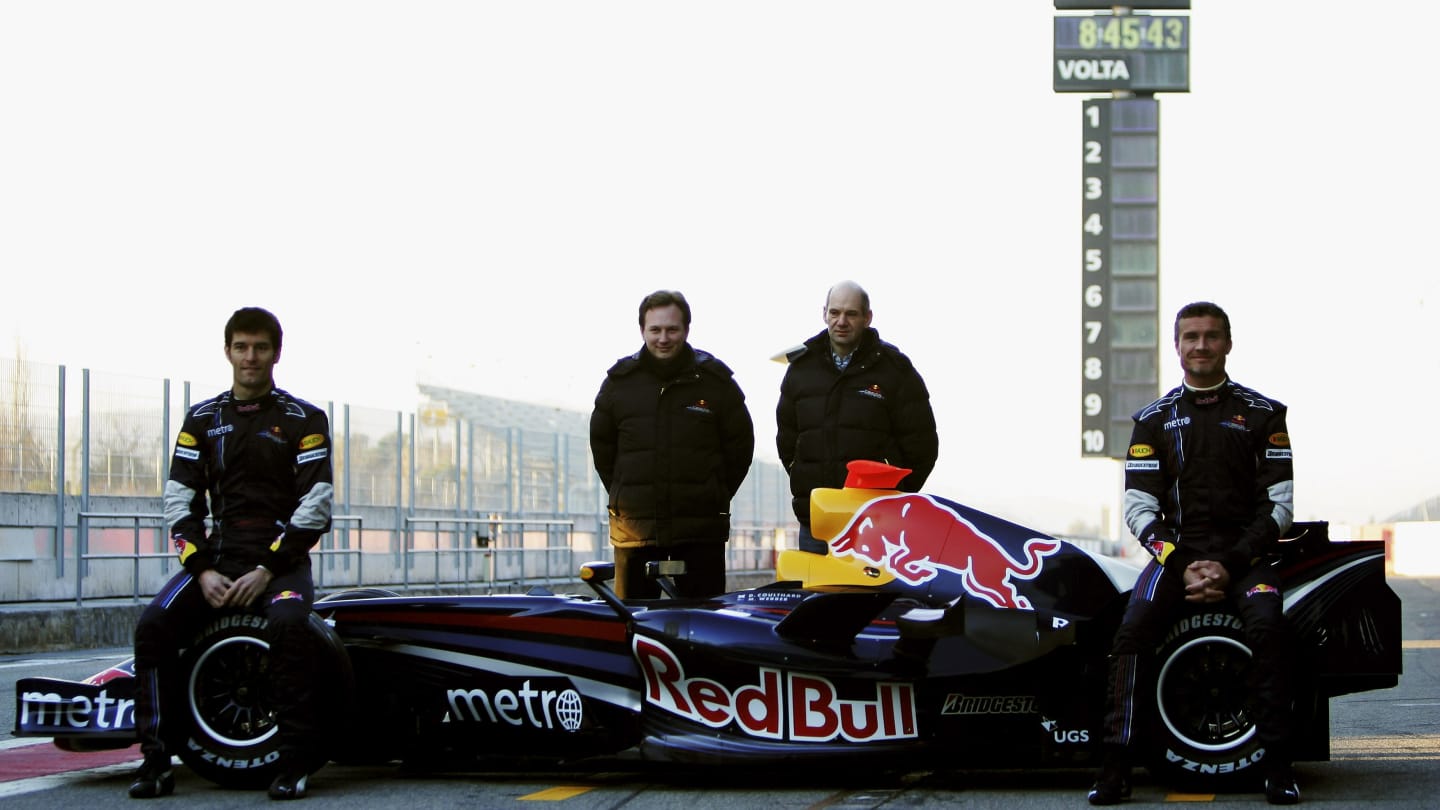
2006
Second season more difficult than first, despite Ferrari power. David Coulthard scores team's first podium in Monaco, but overall amass 18 points less than in '05 and face growing challenge from junior sister team, Toro Rosso.
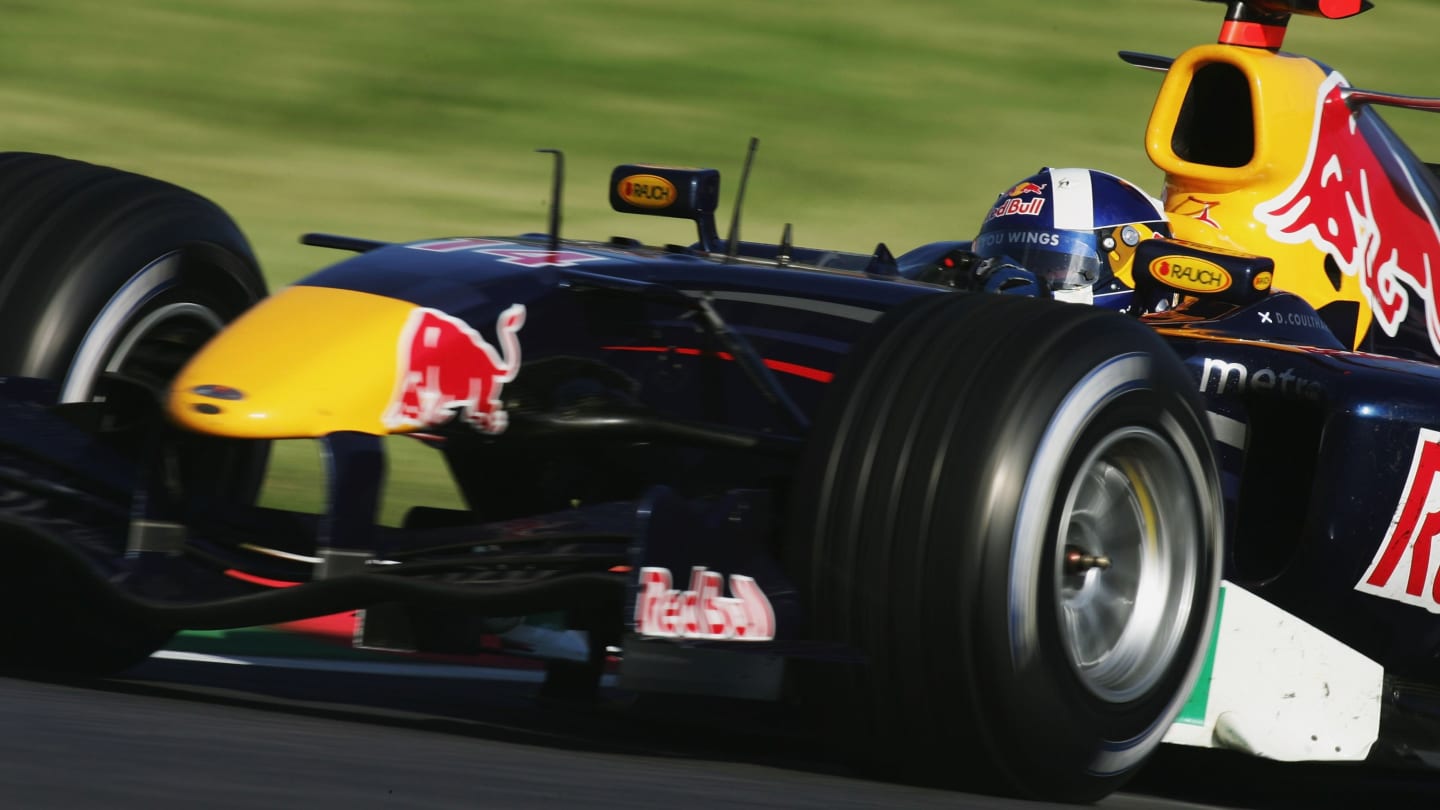
2005
Austrian-owned team's first campaign, following 2004 purchase of Jaguar squad (formerly Stewart Grand Prix, 1997-1999), proves highly successful. Amass more points in the first two races than Jaguar managed the entire previous season. Go on to finish a clear seventh in the standings.
